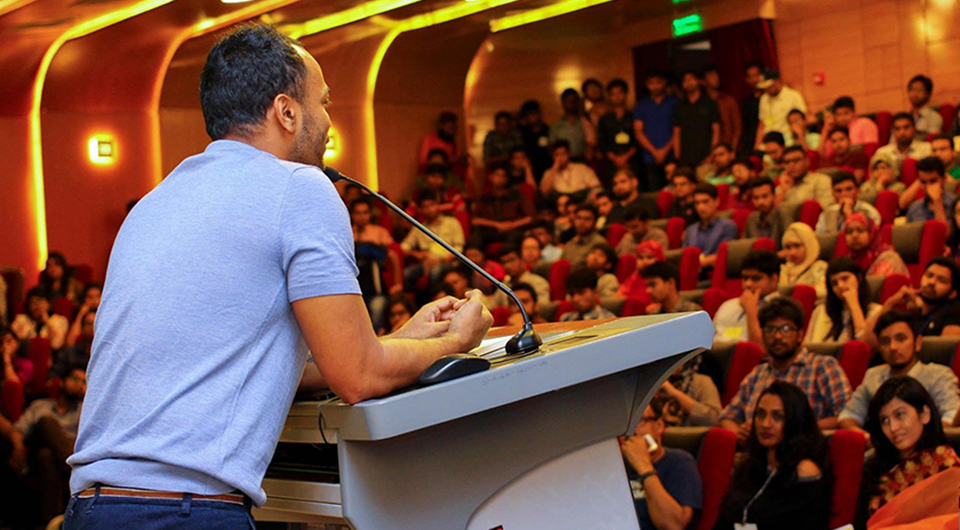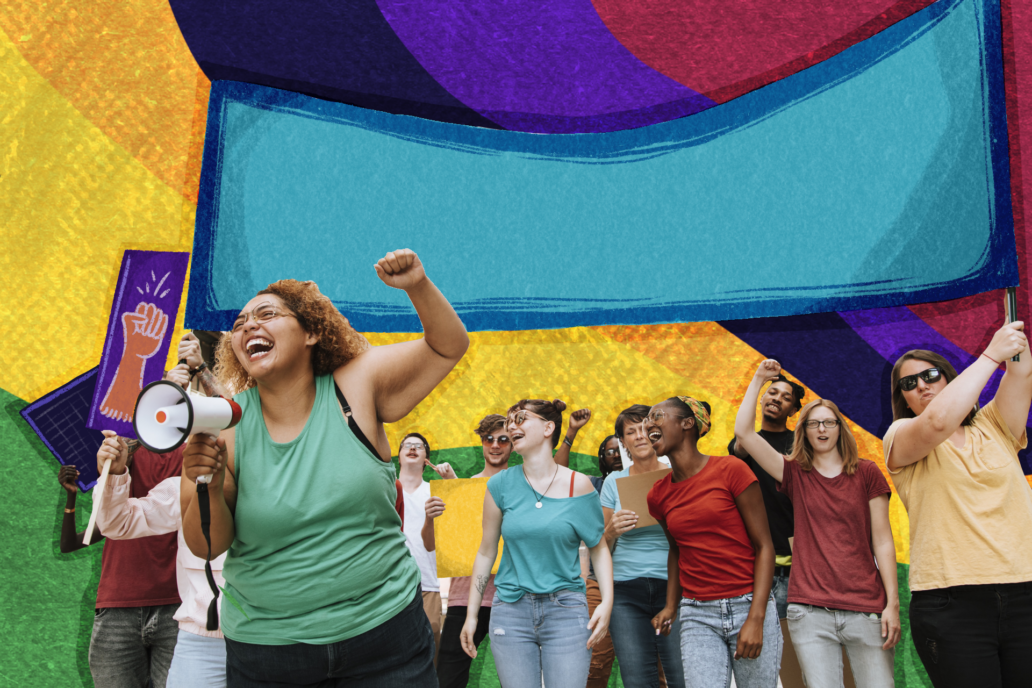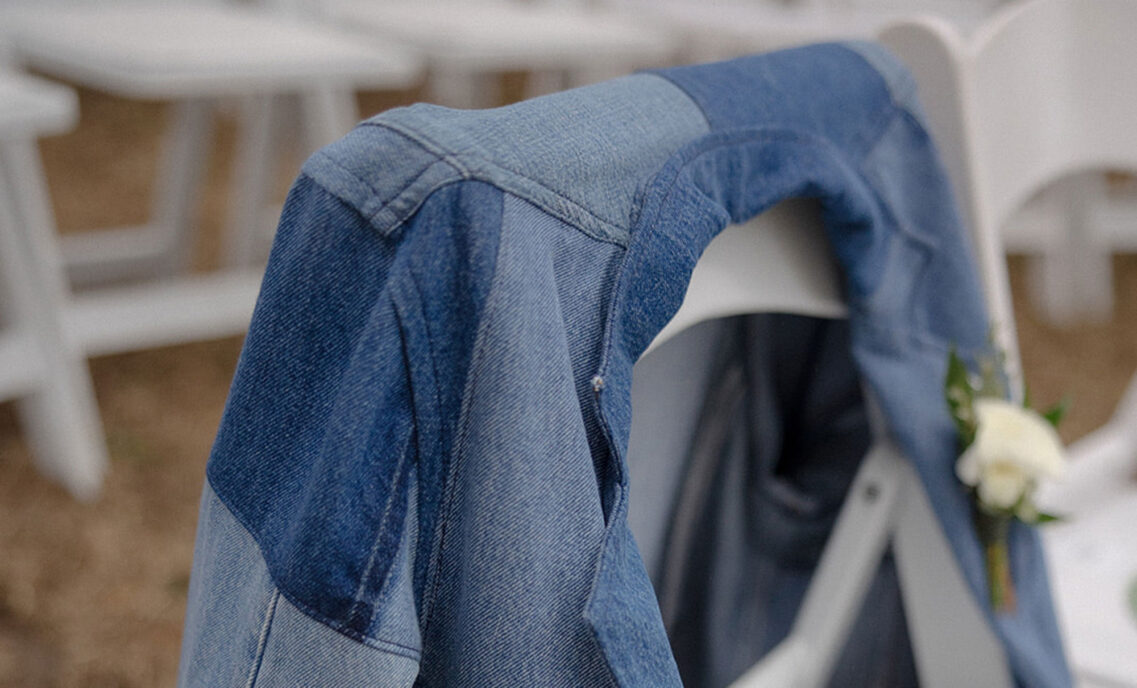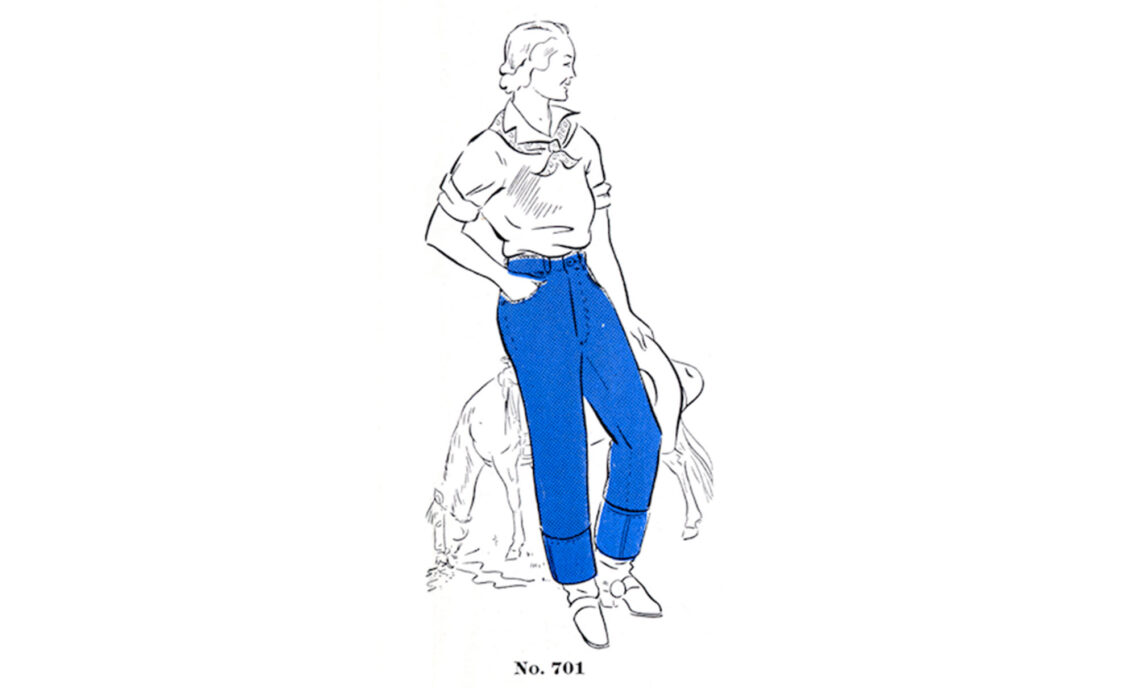It takes more than deep pockets to grow a creative idea into a sustainable solution.
Yes, it takes money, but it also takes time, mentorship and knowledge.
That’s the kind of thriving ecosystem that makes places like Silicon Valley a hotbed of startups. Not so much in Bangladesh. Local entrepreneurs there are struggling to find a foothold – not for lack of ideas, but lack of support.
Saif Kamal wants to change all that.
“Innovation that can change the life of millions cannot die just because it was born in Bangladesh,” he says.
Saif is the founder of Toru, a social innovation hub in Dhaka, Bangladesh that aims to support young entrepreneurs from the ground up, nurturing a new generation of change-makers who are empowered to create homegrown solutions to local problems.
He is tired of people from the Western world parachuting in with ideas that often ignore the cultural, political and socio-economic context on the ground. “Funders come with their own solutions – but we say, don’t tell us what to do, but transfer the skills so we can do it ourselves.”
That’s why Saif and Toru are launching a Social Innovation Design Week, with funding from the Levi Strauss Foundation (LSF), to tackle issues facing the garment industry in Bangladesh.
The Design Week will bring bright young innovators to the table with community members, including factory workers, and design mentors from the Institute of Design at Stanford to brainstorm solutions to the challenges that women face in the Bangladesh garment industry. The best ideas will be incubated through Toru’s two-year fellowship program.
“I’m trying to mobilize the next generation of change-makers,” Saif says.
It’s a project with the potential for broad impact – there are about 4 million workers in Bangladesh garment factories. The garment industry is a main source of economic opportunity for women, who make up the vast majority of the factory workforce – making it ripe for innovations that could improve their lives at work and at home.
One focus of the Design Week will be developing opportunities for women to move up the ladder into management positions in the factories. Saif says they have seen something as simple as putting women in charge solve a host of issues, from cutting down on sexual harassment at work to improving the confidence levels of female workers – and even improving efficiency on the production line.
And Saif isn’t the only one advocating for a local ecosystem to solve complex social problems. He is part of a six-member Consortium of innovators with a mission to empower social entrepreneurs in Bangladesh, backed by Ashoka – a global leader in social entrepreneurship investment – and funded by the Levis Strauss Foundation.
As he sees it, Saif is creating a pipeline of young entrepreneurs equipped with skills, resources, the ability to think outside the box and the willingness to take risks. He wants to make sure that the same opportunities available to innovators in a place like Silicon Valley are available to Bangladesh’s next generation of catalysts for change.
To explain why, he references a quote from George Orwell’s “Animal Farm”: “All animals are equal but some animals are more equal than others.”
Saif’s focus, he says, is “making the less equal, more equal.”

Turning Innovators into Entrepreneurs in Bangladesh
November 8, 2016






